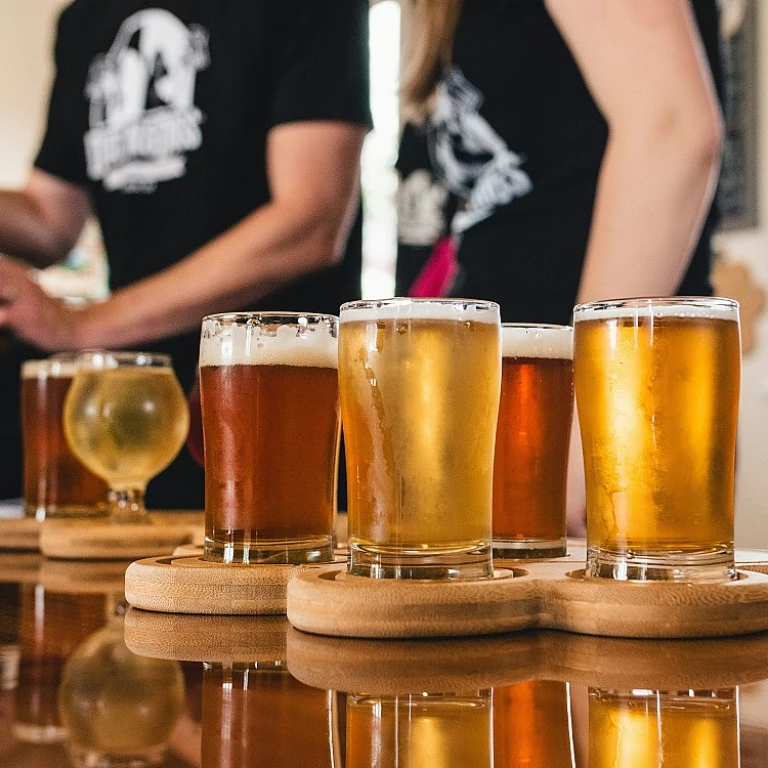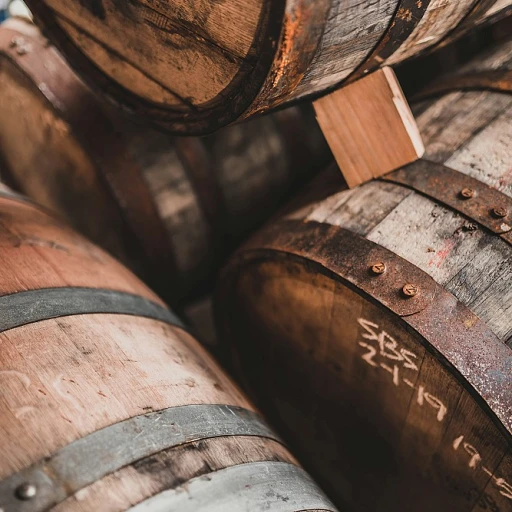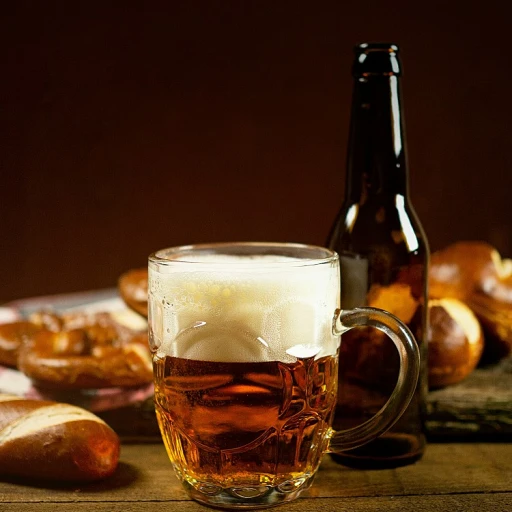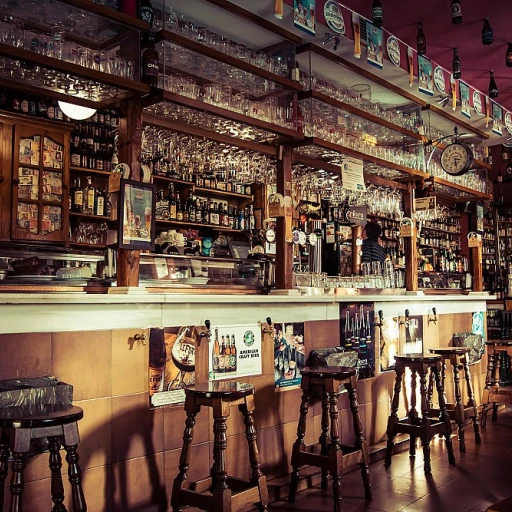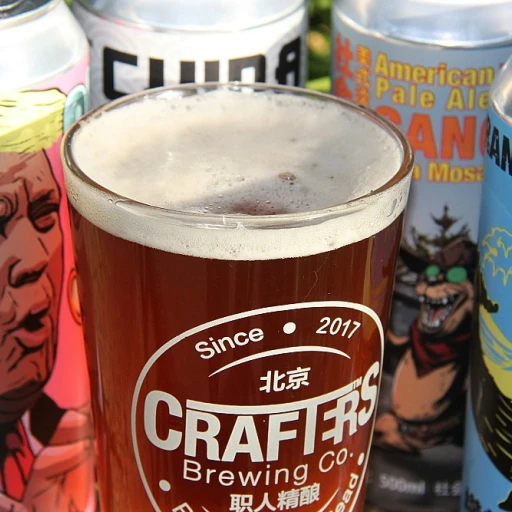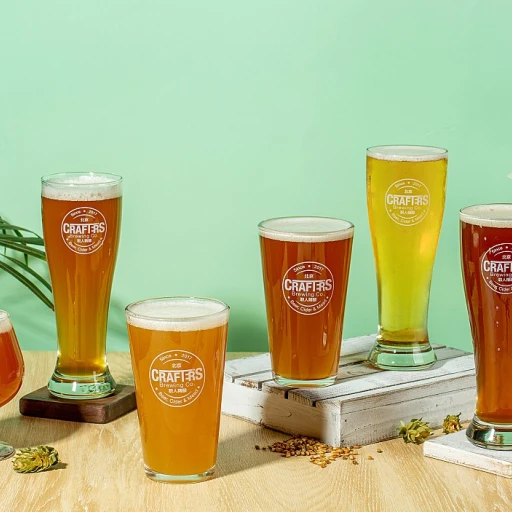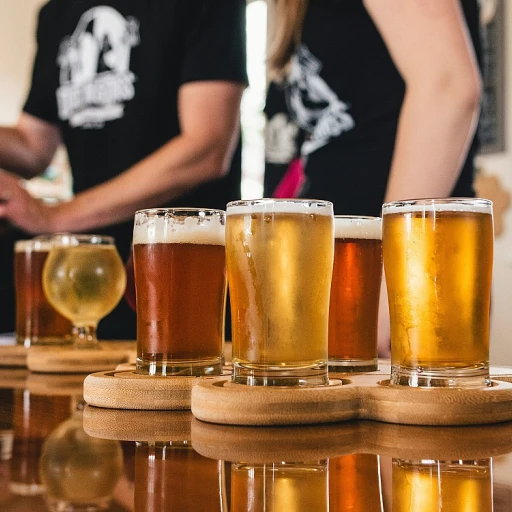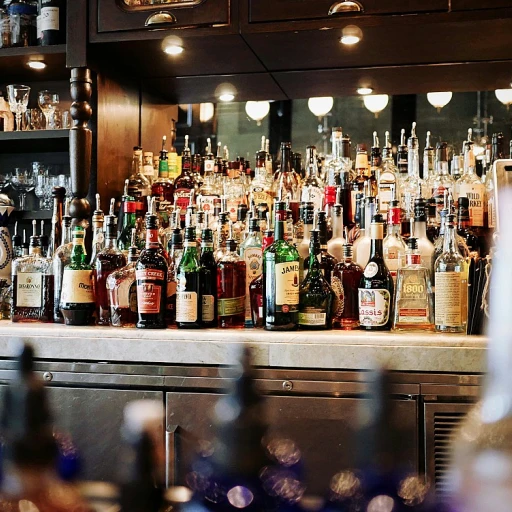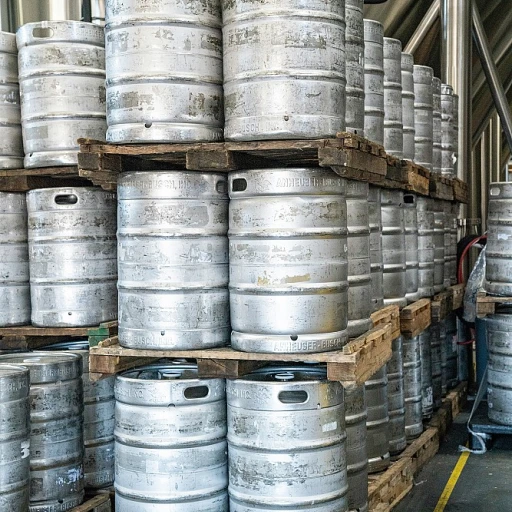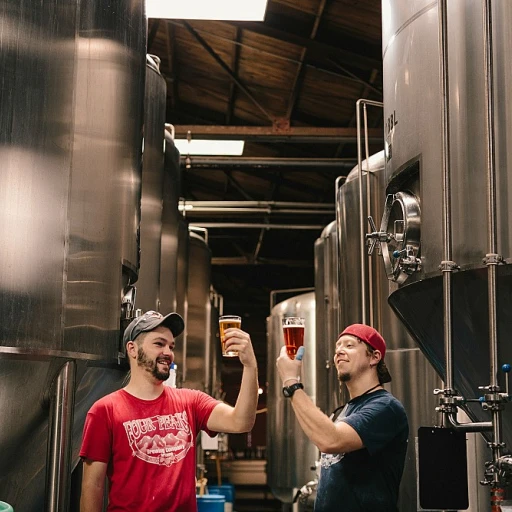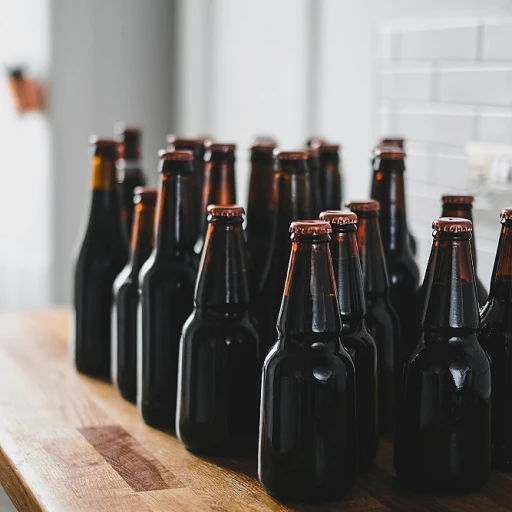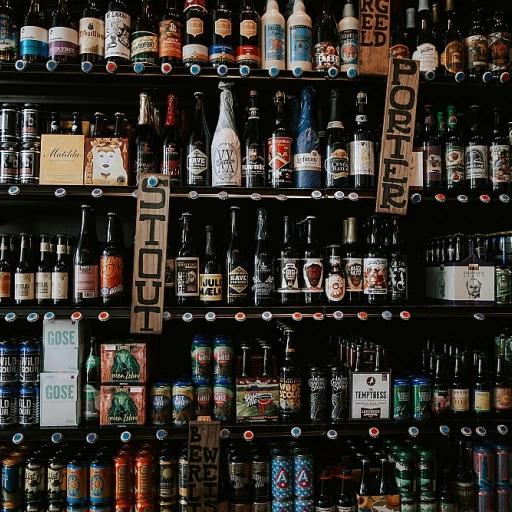
Native beer roots and indigenous brewing traditions
Ancient flavors and local ingredients
Long before modern breweries, indigenous peoples across North America were already crafting their own unique beers. These early brews were deeply connected to the land, using ingredients like corn, wild rice, spruce tips, and native fruits. Each tribe had its own recipes and fermentation methods, often passed down through generations as part of their cultural heritage.
- Corn-based beers: Many indigenous communities used maize as a primary ingredient, sometimes blending it with honey or herbs for added flavor.
- Wild botanicals: Spruce, juniper, and various berries were used to create distinctive aromas and tastes, reflecting the local environment.
- Traditional fermentation: Techniques varied, from natural fermentation in clay pots to the use of wild yeasts found in the air or on plants.
These brewing traditions were more than just a means to produce a beverage—they were woven into social rituals, ceremonies, and daily life. The revival of these ancient practices is inspiring a new generation of brewers and beer lovers, as explored in the American brewing scene today.
The rise of native american and indigenous-owned breweries
New voices in American brewing
In recent years, a growing number of Native American and Indigenous-owned breweries have emerged, bringing fresh perspectives and honoring ancestral traditions. These breweries are not only crafting unique beers but also reclaiming space in an industry where Indigenous voices have long been underrepresented.
- Honoring heritage: Many Indigenous brewers incorporate traditional ingredients such as corn, wild rice, and native herbs, creating flavors that reflect their cultural roots.
- Community focus: These breweries often serve as gathering places, fostering connections and supporting local economies.
- Storytelling through beer: Each brew often tells a story, whether it is about tribal history, local legends, or the land itself.
As these breweries gain recognition, they inspire others to explore the intersection of culture and craft. If you are interested in how other brewing traditions influence the beer world, you might enjoy reading about the Maisel's Weisse experience, which highlights another unique approach to brewing.
Celebrating culture and community through beer
Honoring heritage through shared experiences
For many Native American and Indigenous-owned breweries, beer is more than a beverage—it is a way to honor heritage and bring people together. These breweries often incorporate traditional ingredients and brewing methods, connecting each pint to centuries-old customs. Community gatherings, storytelling, and music frequently accompany tastings, turning a simple drink into a celebration of identity and unity.
Beer as a bridge between generations
Brewing and enjoying native beer fosters intergenerational connections. Elders share knowledge about ancestral recipes and the cultural significance of certain ingredients, while younger brewers bring fresh perspectives and creativity. This exchange helps preserve traditions while allowing them to evolve with the times.
Events that celebrate culture
- Festivals highlighting Indigenous foods and drinks
- Collaborative brews with local artists and musicians
- Educational workshops on native brewing history
These events not only showcase the diversity of native beer but also strengthen community bonds and raise awareness about Indigenous contributions to the beer industry. For a deeper look at how pouring traditions can reflect cultural values, check out this guide to the art of beer foam.
Challenges and opportunities for native-owned breweries
Overcoming barriers in the brewing landscape
Native American and indigenous-owned breweries face a unique set of challenges as they carve out their place in the beer industry. Access to capital is often a significant hurdle, with many entrepreneurs struggling to secure funding for equipment, facilities, and distribution. Additionally, navigating complex regulations and licensing requirements can be daunting, especially for those operating on tribal lands where jurisdictional issues may arise.
Building recognition and market presence
Another challenge is gaining visibility in a crowded market. Many native-owned breweries work hard to educate consumers about their heritage and the stories behind their beers. This involves not only marketing efforts but also building relationships with local communities and retailers. Despite these obstacles, the growing interest in craft beer and authentic, locally-inspired products presents new opportunities for indigenous brewers to share their traditions and flavors with a wider audience.
Strengthening community and collaboration
Collaboration has become a powerful tool for overcoming challenges. By partnering with other breweries, organizations, and cultural groups, native-owned breweries can pool resources, share knowledge, and amplify their voices. These efforts help foster a sense of community while promoting greater appreciation for indigenous brewing traditions and the contributions of native brewers to the American beer scene.
The future of native beer in the united states
Looking ahead: innovation and cultural pride
Native beer in the United States is entering an exciting era. Indigenous brewers are blending traditional ingredients and methods with modern brewing techniques, creating unique flavors that honor their heritage. This innovation is not just about taste—it’s a celebration of cultural identity and a way to share stories through every pint.
Building stronger connections
As more people become interested in authentic, locally rooted beverages, native beer is gaining wider recognition. Breweries are forming partnerships with tribal communities, local farmers, and other craft brewers. These collaborations help strengthen community ties and support sustainable practices, ensuring that native beer remains a vibrant part of the American craft beer scene.
Education and advocacy
Education plays a key role in the future of native beer. By sharing the history and significance of indigenous brewing, breweries can foster greater appreciation and respect for these traditions. Advocacy for fair representation and access to resources will help native-owned breweries thrive, overcoming some of the challenges they have faced in the past.
Opportunities for growth
- Expanding distribution to reach new markets
- Hosting cultural events and beer festivals
- Developing educational programs about indigenous brewing
- Encouraging more indigenous entrepreneurs to enter the industry
The future of native beer is bright, with endless possibilities for growth, creativity, and cultural celebration. As these breweries continue to evolve, they will play an important role in shaping the next chapter of American beer.

